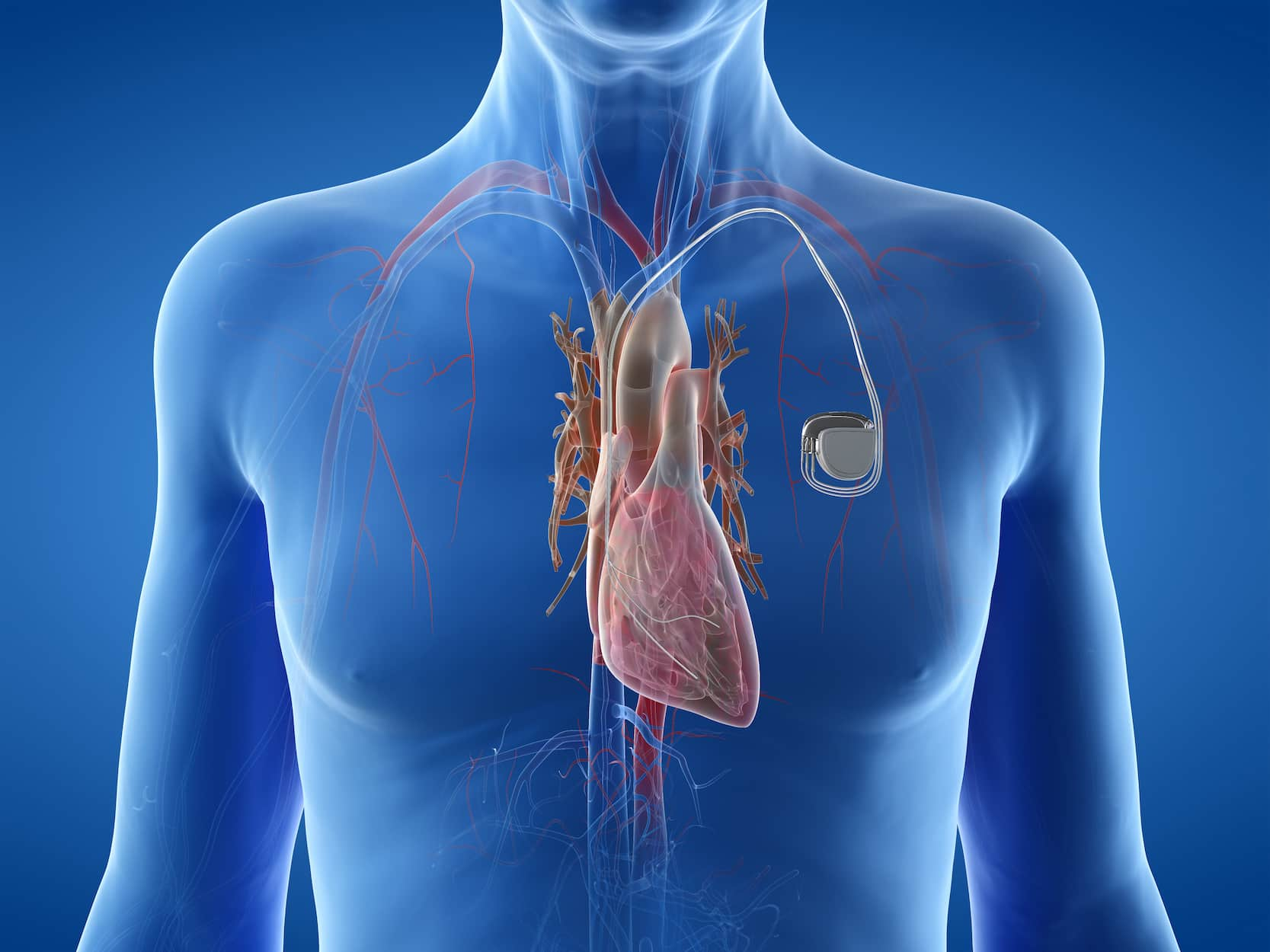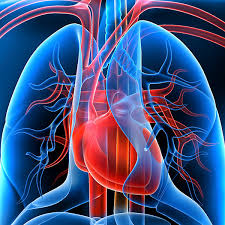
Healthy Lifestyle with a Pacemaker
Living with a pacemaker can be a challenging experience, but it does not have to stop you from living a full and healthy life. A pacemaker is a medical device that helps regulate your heartbeat, ensuring that your heart beats at a regular rate. It can be a life-changing device for people with heart conditions that affect their heart rate or rhythm. In this article, we will discuss how to maintain a healthy lifestyle with a pacemaker, including what a pacemaker is, what you cannot do with a pacemaker, and whether your heart can still stop with a pacemaker.
What Is a Pacemaker?
A pacemaker is a small, battery-operated device that is implanted under your skin near your heart. The device sends electrical signals to your heart to regulate your heartbeat. It is typically used for people with arrhythmias or heart block, where the heart’s electrical signals are not functioning correctly. The pacemaker can help keep your heart rate regular, which can improve your quality of life and reduce the risk of complications.
The pacemaker consists of two parts: the generator and the leads. The generator is a battery-operated device that is implanted under your skin near your collarbone. The leads are thin wires that are inserted through a vein into your heart. The generator sends electrical signals through the leads to your heart, stimulating your heart muscles to contract and maintain a regular heartbeat.
Pacemakers can be programmed to meet individual needs. Your doctor will determine the settings based on your specific heart condition. The pacemaker can be adjusted to increase or decrease the heart rate, depending on your activity level. It can also be programmed to respond to changes in your heart rate, such as during exercise or sleep. Pacemakers can improve the quality of life for people with heart conditions and allow them to live more actively.
Can You Live a Full Life with a Pacemaker?
Many people with pacemakers can live full and active lives. The pacemaker helps regulate the heartbeat, which can reduce the risk of complications and improve the quality of life. With the right care and precautions, people with pacemakers can continue to do many things they enjoy, such as exercise, travel, and social activities.
It is important to be mindful of your activities and follow your doctor’s recommendations to ensure that your pacemaker is working correctly. While there are some limitations, such as avoiding strong magnetic fields and high-voltage electrical equipment, most people with pacemakers can participate in physical activities and lead a full life. With regular check-ups and proper care, a pacemaker can be an effective way to manage heart conditions and improve overall health.

Things You Can’t Do with a Pacemaker
While you can live a full life with a pacemaker, there are a few things that you should avoid or take precautions with. These include:
Magnetic fields: Pacemakers can be affected by strong magnetic fields, such as those used in MRI machines. It is essential to tell your doctor or technician that you have a pacemaker before undergoing an MRI scan.
High-voltage electrical equipment: It is best to avoid contact with high-voltage electrical equipment, such as welding equipment or power generators. If you need to work with this equipment, be sure to consult with your doctor first.
Certain medical procedures: Some medical procedures, such as electrocautery or lithotripsy, can interfere with your pacemaker. It is essential to tell your doctor that you have a pacemaker before undergoing any medical procedure.
Contact sports: While you can participate in physical activity with a pacemaker, contact sports, such as football or boxing, can increase the risk of injury to your pacemaker. It is essential to wear protective gear and talk to your doctor before participating in contact sports.
The Study of Healthy Lifestyle with a Pacemaker
A recent multi-center study published in the Journal of Cardiology followed 1,000 patients with various heart conditions who received pacemakers. The study revealed that, on average, patients experienced a significant improvement in their heart rhythm and overall quality of life after receiving a pacemaker. This research underscores the importance of pacemakers in effectively managing heart conditions and enhancing patients’ well-being.
Living with a Pacemaker
Living with a pacemaker requires some adjustments to your lifestyle, but it does not have to be limiting. Here are some tips for maintaining a healthy lifestyle with a pacemaker:
Follow your doctor’s instructions: It is crucial to follow your doctor’s recommendations regarding your pacemaker. This includes attending follow-up appointments, taking medications as prescribed, and avoiding activities that may interfere with your pacemaker.
Exercise regularly: Exercise is an essential part of maintaining a healthy lifestyle. With a pacemaker, you can still participate in most types of physical activity, including walking, swimming, and cycling. However, it is important to talk to your doctor about what types of exercise are safe for you.
Eat a healthy diet: Eating a healthy diet can help keep your heart healthy and reduce the risk of complications. A heart-healthy diet includes many fruits, vegetables, whole grains, lean protein, and healthy fats.
Manage stress: Stress can have a negative impact on your heart health. It is important to find ways to manage stress, such as meditation, yoga, or deep breathing exercises.
Get enough sleep: Getting enough sleep is essential for overall health, including heart health. However, sleeping positions with a pacemaker can be a concern. It is best to avoid sleeping on the side where the pacemaker is implanted, as this can put pressure on the device. Sleeping on your back or the opposite side is recommended.
Can Your Heart Still Stop with a Pacemaker?
While a pacemaker can help regulate your heartbeat, it is still possible for your heart to stop. Pacemakers can malfunction, and there are certain situations where the pacemaker may not be able to regulate your heartbeat effectively. It is essential to be aware of the signs of a pacemaker malfunction, such as dizziness, fainting, or an irregular heartbeat, and to seek medical attention if you experience any of these symptoms.
In conclusion, living with a pacemaker requires some adjustments to your lifestyle, but it does not have to stop you from living a full and healthy life. By following your doctor’s recommendations and taking care of your health, you can continue to do the things you enjoy while keeping your heart healthy. Remember to take precautions with certain activities, but do not let your pacemaker limit your potential.




